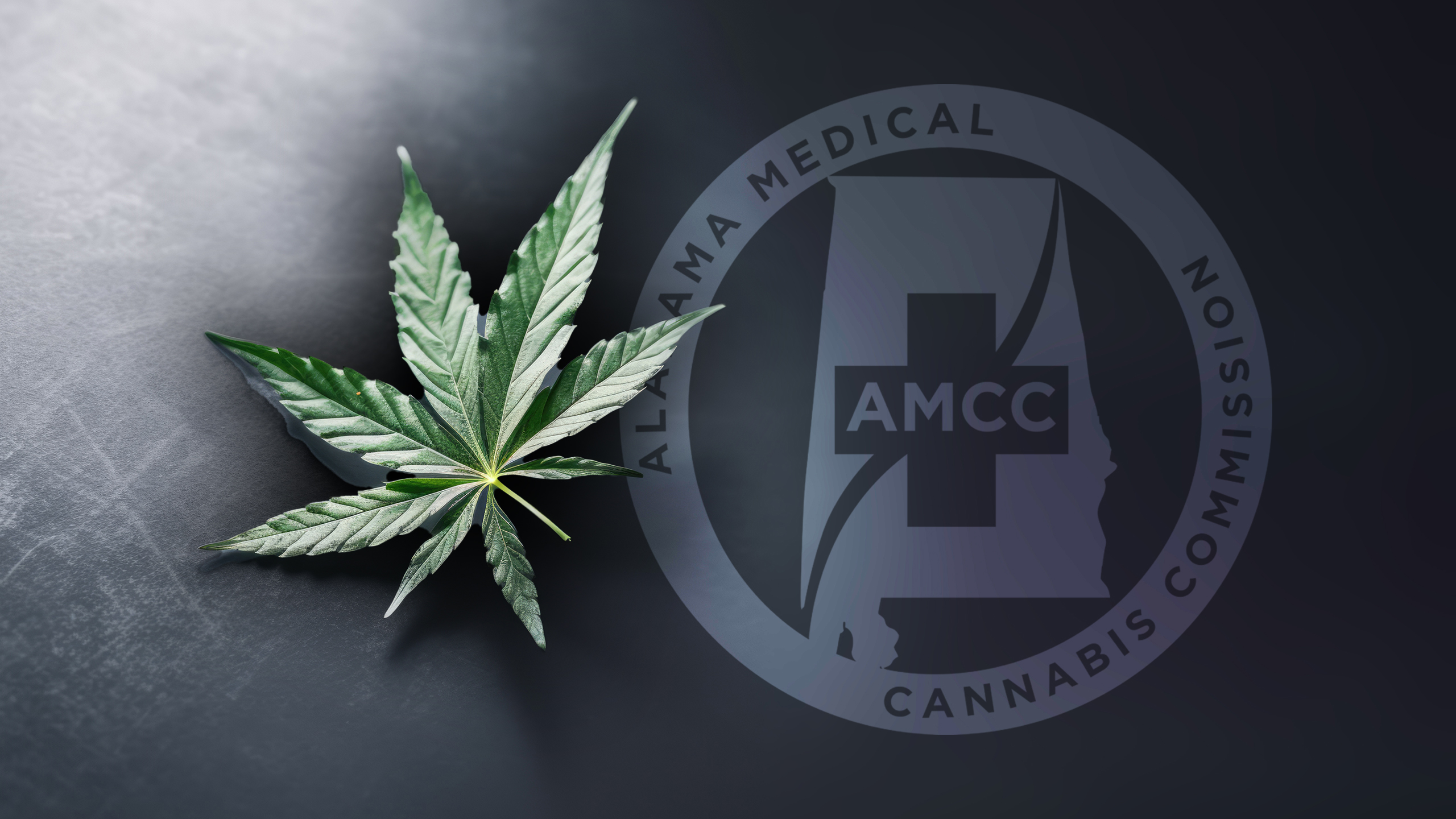|
Getting your Trinity Audio player ready...
|
In a critical development in the long-standing legal battles over the future of Alabama’s medical cannabis industry, a new lawsuit has been filed against the Alabama Medical Cannabis Commission (AMCC) that underscores the ongoing and intricate legal battle surrounding the commission’s licensing procedures. The heart of the controversy pivots on the commission’s alleged misuse of privilege to evade discovery and deposition requests, highlighting a complex legal struggle that has far-reaching implications for the state’s cannabis sector.
Filed on Monday, the motion by Insa Alabama, LLC, alongside co-movants Alabama Always, LLC, Jemmstone Alabama, LLC, and Bragg Canna of Alabama, LLC, challenges the AMCC’s stance, urging the court to draw adverse inferences against the commission based on their reliance on a so-called “deliberative process privilege.” This move, grounded in the Alabama Rules of Evidence, notably Rule 512A(a), marks a critical juncture in a series of legal maneuvers aimed at dissecting the commission’s licensing operations and decision-making processes.
The crux of the dispute lies in the AMCC’s persistent assertion of privilege to dodge comprehensive responses to discovery inquiries and deposition appearances, a stance that the plaintiffs argue is unfounded and contravenes Alabama’s legal standards for transparency and accountability in governmental proceedings. This contention is buttressed by historical precedents and the Alabama legislature’s clear mandate for openness in the deliberative processes of governmental bodies, presenting a stark contrast to the commission’s current defensive posture.
As the legal wrangling unfolds, the Montgomery County Circuit Court’s prior ruling, which expanded the scope of discovery against the AMCC, stands as a linchpin for the plaintiffs. This ruling, handed down by Judge James Anderson, has opened the door for a more penetrating examination of the commission’s activities, allowing for the deposition of commissioners and the acquisition of crucial documents that could shed light on the inner workings and potential irregularities of the licensing process.
The plaintiffs’ steadfast opposition to the AMCC’s appeal to the Alabama Court of Civil Appeals underscores a broader critique of the commission’s legal arguments and its approach to the litigation. They highlight the commission’s apparent reluctance to engage in an open and transparent discovery process as emblematic of a deeper issue within Alabama’s fledgling medical cannabis industry—a sector that remains mired in regulatory and legal challenges.
This legal episode, set against the backdrop of Alabama’s evolving cannabis landscape, signals a pivotal moment for all stakeholders. As the courts grapple with the nuances of privilege, transparency and regulatory oversight, the outcome of this lawsuit could have lasting implications for the state’s approach to medical cannabis regulation and the broader quest for accountability in governmental decision-making processes.
The resolution of this dispute will undoubtedly reverberate through Alabama’s medical cannabis industry, setting precedents for how regulatory bodies engage with industry participants and navigate the complex interplay between legal mandates for openness and the practicalities of regulatory governance.






















































